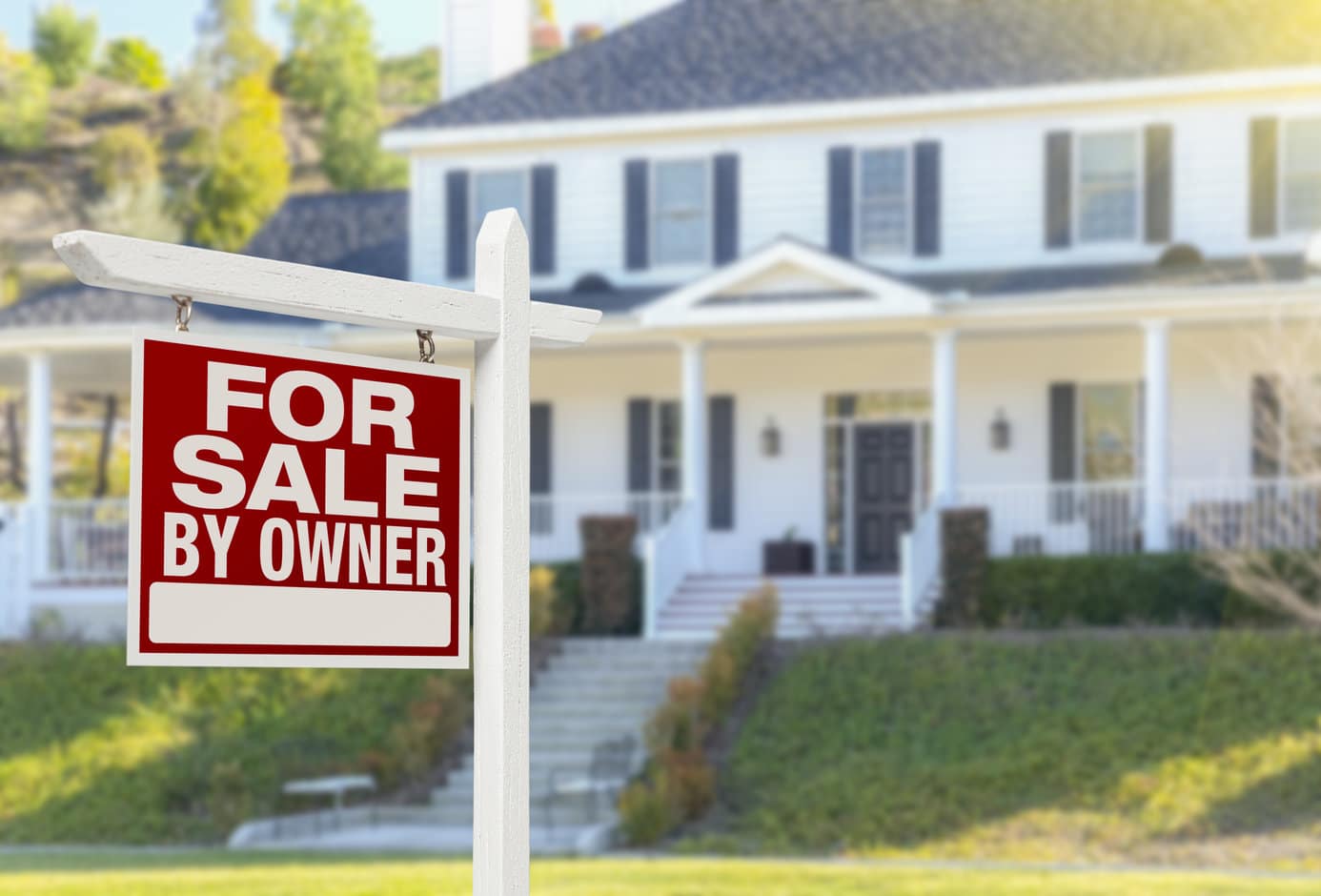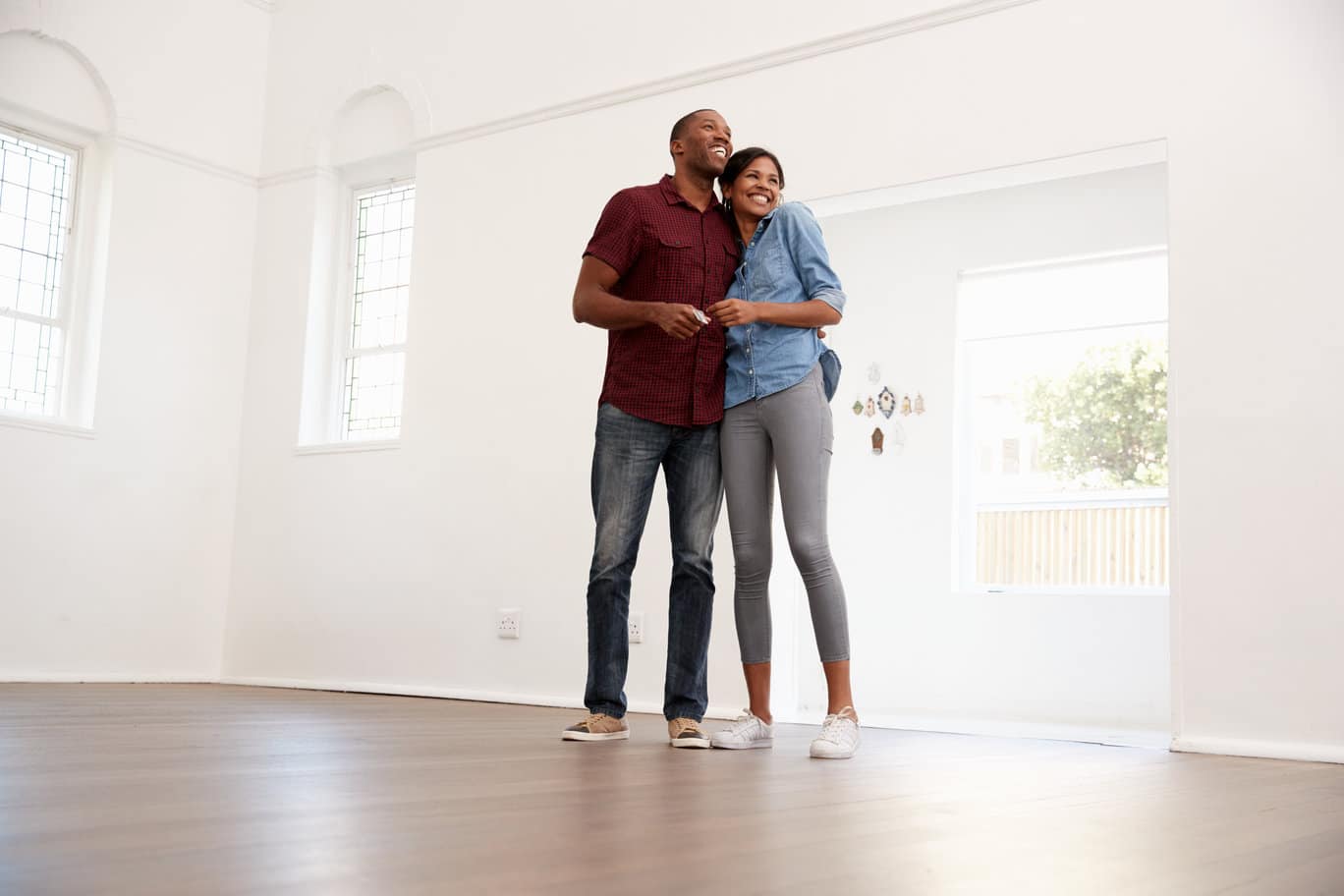Jasmine Birtles
Your money-making expert. Financial journalist, TV and radio personality.


Thinking of selling your property, but want to cut out the middle man? It’s definitely going to save you money, but taking the decision to sell your property without an estate agent is a big one. There’s a lot you need to be aware of, and a lot that you’ll need to organise yourself.
Of course, it can be a great way to save yourself hundreds (if not thousands) of pounds in fees, too. If you’ve got the time to invest in the organisation side of things, selling without an estate agent could be a lucrative choice.
Here are the main things you need to consider before you take this step.

It’s very possible to sell your property without an estate agent needing to get involved. It’s often known as For Sale by Owner – meaning no agents can get involved.
It’s important to note, though, that whilst you will be able to manage a lot of the aspects yourself, you won’t be able to do absolutely everything independently. You’ll need to consider at what point you’ll need to hire a solicitor, whether you need to get the property valued, and various other things. You also need to find buyers happy to work with you directly without the traditional route of estate agents.
The good news is that you can get estate agents to value your property for free. This doesn’t tie you into working with them in the future. It can also be a good opportunity to ask them questions about what you might need to do to the property to make it a better prospect on the market – for example painting, moving furniture, or highlighting certain aspects that will stand out to buyers. Try to be subtle when asking these questions, though! If you’re too open about essentially wasting their time, they’re unlikely to give you useful information.
It’s a good idea to get a few different estate agents in, and see whether they all land on a similar valuation. They should also send you a valuation report afterwards, which is helpful when you talk to potential buyers later.
You don’t need to involve estate agents even at this stage though, if you don’t want to. You could simply do some research into the price houses have sold for in the area and on the same street, and make a prediction. Having a valuation report, however, is a good way to persuade buyers that your house is fairly priced.
There are lots of things that you can do yourself, without any outside help. As long as you’re organised and have the time to spare, lots of the initial aspects of selling a property can easily be managed yourself. Here are some of the things that you’ll need to do initially.
Make sure you clean up your home for this, and that you get angles that show the property off to the best of its potential. If you’ve got a friend with a good camera and an eye for detail, this would be a good time to call in a favour.
Wide angle lenses are useful for making small spaces look better, while the right lighting (i.e., lots of it!) can help brighten any darker corners.
Estate agents market your property through their website and other channels. You won’t have this option if you sell without an estate agent, so you might need to get creative here. Are there online communities that you’d be comfortable marketing your property within? Or sites set up entirely for those selling without an estate agent? Now is the time to look into it.
You can also use the typical websites like Rightmove, Zoopla, and OnTheMarket, though they’re often expensive for individuals to post on. It can also help to make your own For Sale by Owner sign, with contact information, to put outside your property like an estate agent would.
Preferably on “sale by owner” sites, alongside great photographers and a snappy description (don’t make it too long). Try advertising in local press, too.
Time to exercise your spreadsheet skills! Once you start marketing your property, you’ll hopefully start to see some interest. Make sure you’re clear on when you can host viewings, and be prepared when potential buyers arrive. In the current climate, it’s a good idea to make sure you have hand sanitiser and spare face masks to hand, to offer prospective buyers when they enter your property.
Leasehold or freehold, when you want to move out, how much you’re willing to drop the price by – these are all questions that potential buyers are likely to have. Make sure you’re ready with the answers, otherwise you could risk losing their interest.
Also make sure to check your home warranty, because you want to be covered. You don’t want to have major appliance breakdowns during that period. Knowing what is a home warranty when selling a house will help you find a potential buyer faster and get better offers.
You’ll need to be on top of your organisation so that potential buyers don’t slip through the net. Make sure you’ve got the time to answer any questions that they have promptly, and to gather any further information they might need.
Congratulations, you’ve got people interested! It’s important to stick to your guns here, and not allow your price to fall if you’re not comfortable with a reduction. Be direct with the interested party, and follow up in writing once you’ve agreed on an offer.
Now is the time to get a solicitor involved. They will handle the legal work and any surveys that need to be carried out. Make sure you shop around for a solicitor or conveyancer with a good reputation. This can be a great time to look for recommendations from family or friends who have gone through the process before.
You can’t skip this bit. Your solicitor handles registration with the Land Registry, the transfer of the Title Deed, and other relevant paperwork. They’ll also check money laundering regulations, to make sure your buyer (or you) aren’t trying to defraud the tax man.

There are obvious advantages to selling without an estate agent – mostly financial – but the cons are pretty big. Weigh them up seriously before making a decision.
Have you successfully sold a property without an estate agent? We’d love to hear how you did it – let us know over on the forums.

Some good suggestions. worth a try.
Very interesting. I wasn’t aware this was even possible.